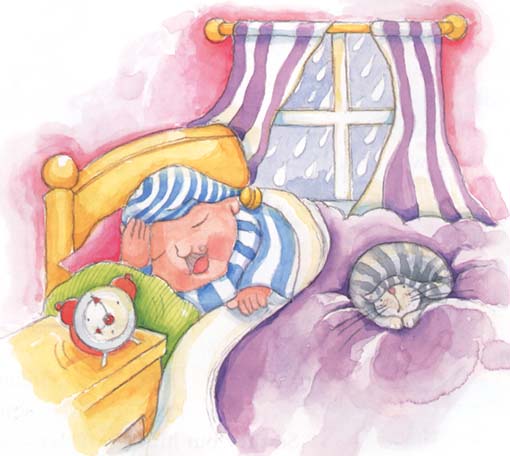Saturday an old friend invited me to coffee.
 There are many café’s in Tirau but you will find people have their favourites. We went to the CabbageTree Café in Tirau.
There are many café’s in Tirau but you will find people have their favourites. We went to the CabbageTree Café in Tirau.It served good coffee and her youngest daughter works there.
I’ve known Chrissy for almost as long as I have lived in Tirau and she was one of the first people I met who worked with my husband at the dairy factory where he was a maintenance fitter.
Chrissy has three children similar in age to my three youngest so we have had a lot to do with each other over the years.
Since our children have gone to different colleges and Harry has moved jobs we don’t see as much so the catch ups are more “catching up” than just an excuse for a natter.
We shared about what our children were up to and how our work, parent and health are.
She mentioned she was struggling with the thought of the empty nest syndrome as our youngests will probably leave home for next year’s study or courses. For me it will be the end of over 31 years of having children at home and part of me is looking forward to just me space and time with no rushing around for their after school activities.
It will be the long awaited era of just Harry and me at home doing and going where ever we want without checking in with those children at home!!
As some of our children are married already with children of their own we are already up to the next stage of being grandparents so one stage of life has merged into the next.
But for Chrissy it seemed a little scary.
I couldn’t help but think for each of us preparing for the empty nest, you have to have interests of your own and a relationship with your spouse that is able to allow the other to do their own thing but also activities you can do together.
You have to still care for your children but allow them to be adults out in the big world ready to make their own decisions. You can be there to pick them up if they fall but accept who they are becoming, without trying to influence them to make the decisions you think they should.
But once the nest is empty there must also be the times when you can just be comfortable of being quiet and alone with each other.










